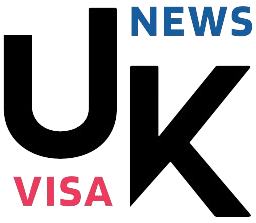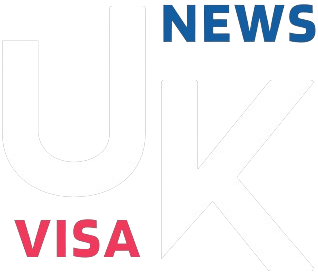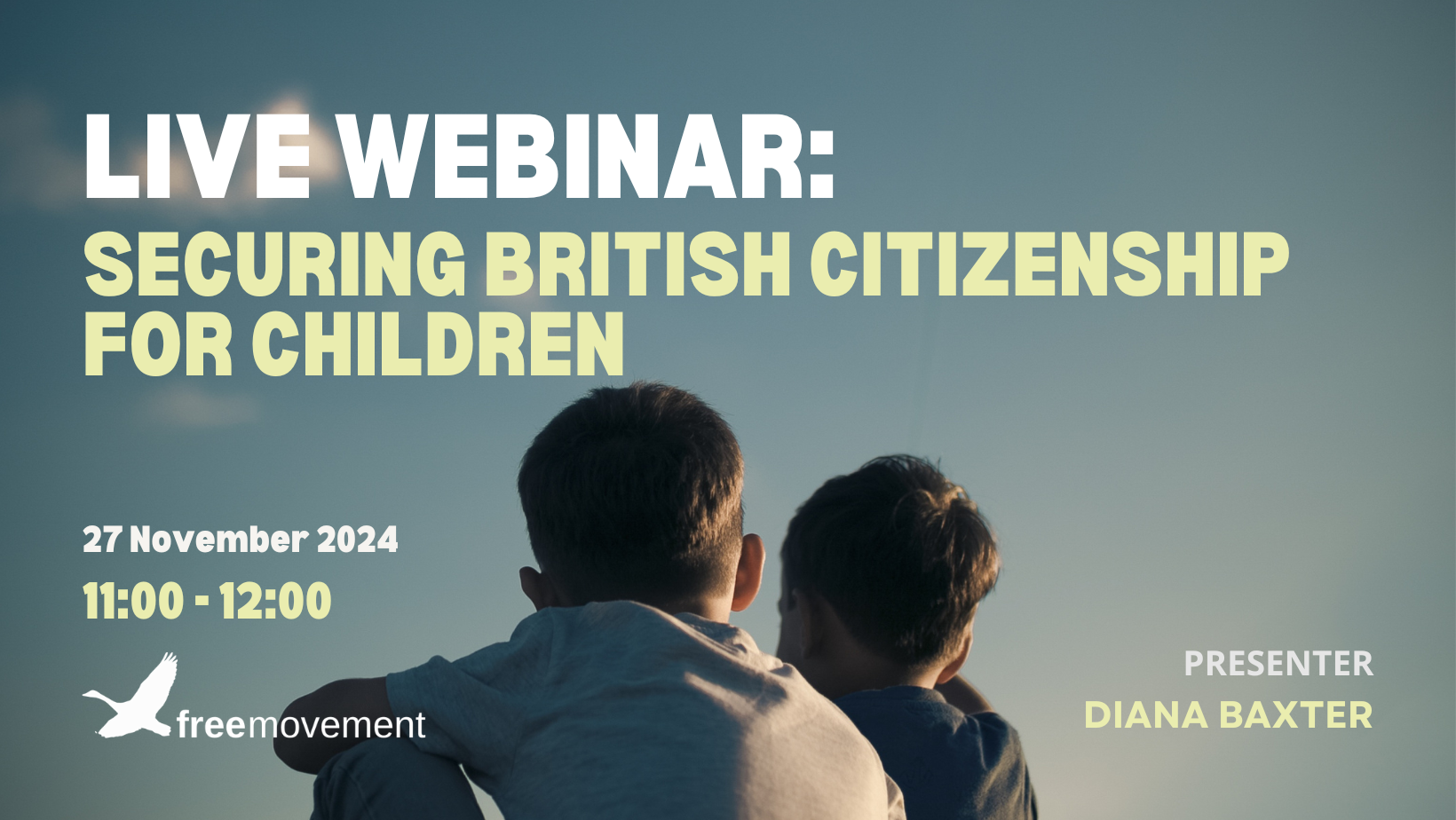By Taya Sayekaya – Pupil Immigration Barrister
In This Article
1. Introduction: Key Differences Between British Nationality and British Citizenship
2. Definition of a British Subject in British Nationality Law
3. Definition of a British National (Overseas) or BN(O) in British Nationality Law
4. Definition of a British Protected Person in British Nationality Law
5. Registration as a British Citizen With Any of the Above Statuses
6. Contact our Immigration Barristers
7. Frequently Asked Questions
8. Glossary
9. Additional Resources
1. Introduction: Key Variations Between British Nationality and British Citizenship
On this second article, we offer an outline of the opposite varieties of British nationality not coated in our earlier article entitled British Nationality vs Citizenship, Understanding the Key Differences. As defined within the earlier article, there are six several types of British nationality. The generally recognized British citizenship is one. The others, coated beforehand, embrace British abroad territories citizen and British abroad citizen.
This text will present a broad overview of the next varieties of British nationality:
- British topic;
- British nationwide (abroad); and
- British protected particular person.
2. Definition of a British Topic in British Nationality Legislation
Earlier than 1949, British topic was the primary class of nationality. It was used for these with an in depth relationship to the Crown’s dominions. The British Nationality and Status of Aliens Act 1914, referred to ‘natural-born British subjects’ as these:
- born inside “His Majesty’s dominions and allegiance”; and
- anybody born exterior of “His Majesty’s dominions whose father was” when the particular person was born, a British topic and who fulfilled one of many sure circumstances stipulated in part 1(1) (b) (i) – (iv) of that Act. Such circumstances included, for instance, the daddy having been born inside His Majesty’s allegiance, or having been granted a certificates of naturalisation, or having been within the Crown’s service on the time of the person’s start and so forth. or one other situation (v) regarding the registration of the person’s start inside a specified time interval; and
- anybody born on a British ship “whether in foreign territorial waters or not” supplied sure circumstances are additionally met as defined on this a part of the Act.
These not thought-about British topics have been more likely to be considered as aliens and the Act talked about above had provisions as to the naturalisation of such. The British Nationality Act of 1948 launched the standing of Citizen of the UK and Colonies (“CUKC”). Confusingly, the time period British topic nonetheless remained.
The 1948 Act resulted within the following having the standing of British topic: people who have been seen as residents of the UK and Colonies beneath the 1948 Act or these seen as residents of Commonwealth nations beneath the nation’s relevant laws. The place typically was that there have been British topics within the type of CUKCs and British topics within the type of residents of a Commonwealth nation. The 1948 Act explains that the phrases British topic and Commonwealth citizen have been to have the identical which means. There’s extra that the 1948 Act did when it got here to the standing of British topics as detailed on this Home Office Guidance which supplies a historical past of British Nationality Legislation. Considered one of these being the creation of the standing of British topic with out citizenship, for these people linked to nations who didn’t have outlined citizenship legal guidelines by 01 January 1949, for instance, Pakistan, India and South Africa.
With the graduation of the British Nationality Act 1981 on 01 January 1983, the primary Act governing nationality regulation presently, British topic standing not had the identical which means as Commonwealth citizen, as an alternative sure people robotically grew to become referred to as British topics separate to commonwealth citizenship/CUKC standing. That is detailed in part 30 of the 1981 Act, for instance, British topics with out citizenship as a consequence of part 13 or 16 of the 1948 Act. Moreover these falling inside part 31 of the 1981 Act (sure former residents of Ireland – now the Republic of Eire). CUKC standing was additionally changed with different types of British nationality, which have been coated within the final weblog put up.
Can I Apply to Change into a British Topic?
The 1981 Act makes provision for minors and adults to be registered as British topics, nonetheless, that is in restricted circumstances.
Please be aware it’s also attainable to lose British topic standing, for instance, if you’re a British topic in any other case than by advantage of part 31 of the 1981 Act and also you purchase one other citizenship or nationality.
What Are My Rights as a British Topic?
You possibly can maintain a British passport and procure consular help and safety from the UK’s diplomatic posts.
The place you’re a British topic as a consequence of a connection to the Republic of Eire, you’ll not be topic to immigration controls within the UK and may have the automated proper to stay and work within the UK. In case you are not a British topic as a consequence of a reference to the Republic of Eire, you’ll typically be topic to immigration controls and won’t have the automated proper to stay or work within the UK.
3. Definition of a British Nationwide (Abroad) or BN(O) in British Nationality Legislation
On 1st July 1997, Hong Kong ceased to be a dependent territory of the UK. On 1st January 1983, with the approaching into drive of the British Nationality Act 1981, lots of these resident in Hong Kong grew to become British dependent territories residents (“BDTC”). Article 4(1) of The Hong Kong (British Nationality) Order 1986 created a brand new British nationality standing, British Nationals (Abroad), BN(O), standing. The order grew to become efficient on 1st July 1987 so as to enable those that have been eligible, BDTCs who obtained their standing from a reference to Hong Kong, to register as BN(O)s. If one didn’t register and didn’t maintain one other nationality, they robotically misplaced their BDTC standing on 1st July 1997. The final attainable date to register as a BN(O) was on thirty first December 1997.
Can I Apply to Change into a BN(O)?
BN(O) standing can’t be handed down nor can the sort of nationality be acquired anymore. There’s extra on the standing of Hong Kong British Nationwide (Abroad) Residents in our earlier article entitled The Status of Hong Kong British National Overseas Citizens.
What Are My Rights as a BN(O)?
You possibly can maintain a British passport. You’ll typically not have a proper of abode within the UK, thus it won’t be attainable so that you can stay and work within the UK and you can be topic to immigration restrictions. It is very important be aware that there’s a Hong Kong BN(O) status holder visa, which permits BN(O) residents to stay, work and research within the UK. You too can discover a record of Frequently asked questions regarding this visa.
4. Definition of a British Protected Individual in British Nationality Legislation
Throughout the 1800s, the British authorities “extended protection” to people and locations exterior of the Crown’s dominions. The primary nationality laws to check with British Protected Individuals (“BPP”) is the British Nationality Act 1948. This outlined a British protected particular person as:
“a person who is a member of a class of persons declared by Order in Council made in relation to any protectorate, protected state, mandated territory or trust territory to be for the purposes of this Act British protected persons by virtue of their connection with that protectorate, state or territory.”
Part 30 of the Act detailed what counted as protectorates and guarded states (successfully stating that His Majesty may declare by Order in Council which of the states and territories beneath his safety counted as such). Mandated territories/belief territories have been established beneath task by the League of Nations/the United Nations. Previous to the 1948 Act BPP standing was conferred beneath the Royal Prerogative. BPP standing, following the British Protectorates, Protected States and Protected Individuals Order 1978, couldn’t be handed robotically to kids born on or after sixteenth August 1978 and BPP standing could possibly be misplaced if one acquired one other nationality or citizenship on or after sixteenth August 1978. Part 38 of the 1981 Act covers the place of BPP standing following the enactment of that Act.
Can I Apply to Change into a British Protected Individual?
One can register to be a BPP in restricted circumstances as detailed on web page 4 of this Home Office Guidance. One instance is that if an individual is in any other case stateless they usually have been born on or after 1st January 1983 within the UK or a dependent territory and on the time of their start, their mom or father was a BPP. It is very important search immigration recommendation to make sure that it’s attainable so that you can register as a BPP.
What Are My Rights as a British Protected Individual?
You possibly can maintain a British passport and get consular help and safety from UK diplomatic posts while overseas. You’ll typically even be topic to immigration controls and would not have the automated proper to stay or work within the UK.
5. Registration as a British Citizen With Any of the Above Statuses
When you have any of the varieties of British nationality (other than British citizenship) talked about above, you could possibly register as a British citizen as mentioned on this article.
For knowledgeable recommendation and help together with your immigration or nationality matter, contact our immigration barristers in London on 0203 617 9173 or by way of our enquiry kind beneath.







